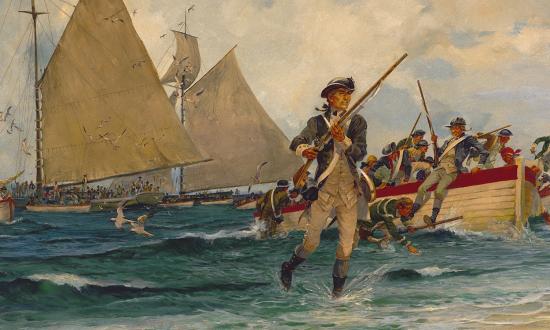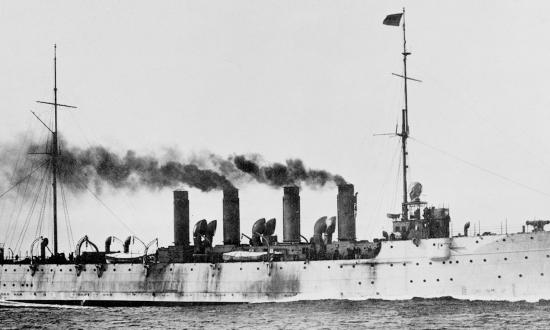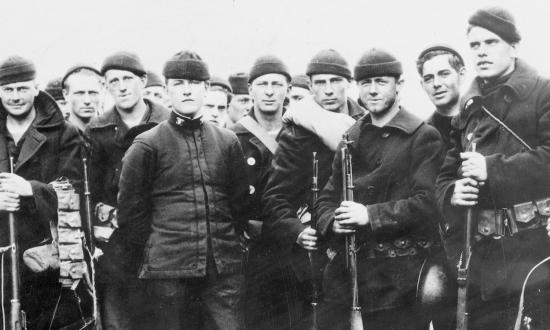July 1923 Proceedings—In “Handling 117 De-Commissioned Destroyers,” Lieutenant Commander B. F. Tilley, U.S. Navy, wrote, “Due to the decrease in authorized enlisted strength in the Navy in 1922, a large number of our new destroyers were de-commissioned at Philadelphia, Pa., and San Diego, Cal. . . . All destroyers at the Philadelphia Navy Yard are under the commandant of the navy yard. The manager of the navy yard is responsible for the material condition of the ships, and the captain of the yard is responsible for mooring, police service and fire protection.”
July 1973 Proceedings—“Individualism will always remain an essential ingredient in effective navies,” Dr. Clark G. Reynolds wrote in “Youth and the U.S. Navy.” “This spirit of individualism . . . is not the normal habit of old men. It is the expression of youth. If such a spirit is to survive and grow it must never be stifled. In the words of Admiral Burke, ‘The Navy has considerable tolerance for young officers who err on the side of initiative and industry . . . [but] there is no room for deadwood.’”
July 1998 Proceedings—In her Capstone Essay winner “End the Zero-Defects Mentality,” Ensign Bethany Craft, U.S. Navy, wrote, “In a profession where one mistake can cost lives or cause global incidents, high standards are necessary. Some areas, such as drug abuse, require a zero-tolerance policy. In non-vital circumstances, as General Krulak contends, ‘We must be allowed to err in peacetime to ensure we do not err in combat. We will not be able to survive if we do otherwise.’ A clear dividing line establishing what is not tolerable will allow room for those chances to be taken and for honest mistakes that are vital and necessary to improvement.”
A. Denis Clift
Golden Life Member






